The European Food Safety authority (EFSA) is officially reviewing the risks of pesticide glyphosate, and will consider new research suggesting it is “probably carcinogenic”.
EFSA is risk-assessing the substance, which is currently under fire from The Soil Association in its ‘Not In Our Bread’ campaign – asking petitioners to prevent it being used on wheat.
The suggestion it was “probably carcinogenic” was put forward by the International Agency for Research on Cancer (IARC), part of the World Health Organisation (WHO).
EFSA began assessing the substance around May, after it was passed on a review by German Risk Assessment Authority, which takes the lead for regulating glyphosate in the EU.
A spokesperson from EFSA said they would be receiving a monograph from the IARC, and would be considering its evidence as part of its review.
Until the research comes in, they said it was unclear how much this will affect the conclusion on the overall safety of the weedkiller.
All pesticides must be assessed for safety when they are first introduced, and on a regular basis thereafter.
The date of the publication of the report which will look into glyphosate is unknown, and will depend on when EFSA receives the monograph.
However, the Federation of Bakers (FOB) has deemed the Soil Association’s campaign to ban the substance ‘misleading’ for focusing on bread.
A spokesperson from the FOB said: “Following WHO’s evaluation of glyphosate and other agrochemicals, the Federation of Bakers is keen to reassure consumers that all our product lines are regularly assessed to ensure they comply with all relevant regulations regarding pesticide levels.
“All product testing has shown that the level of glyphosate in bakery products is very low and is not a cause for concern. According to a recent UK government survey, most bread sold in the UK (around 85% in 2014) does not contain a detectable residue of glyphosate.
“The statement that glyphosate is ‘probably carcinogenic’ is based on limited evidence, and the German Risk Assessment Authority (which takes the lead for regulating glyphosate in the EU) has confirmed that there is no significant relationship between exposure to glyphosate and an increased risk of cancer.”








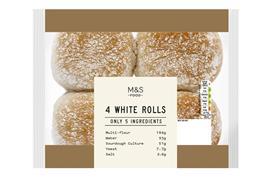











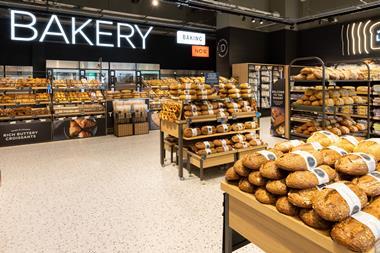

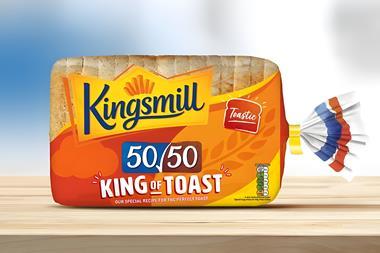
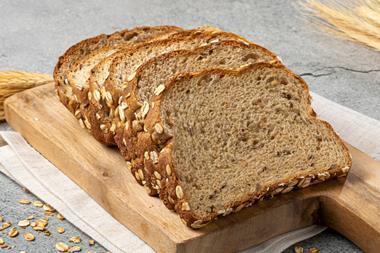
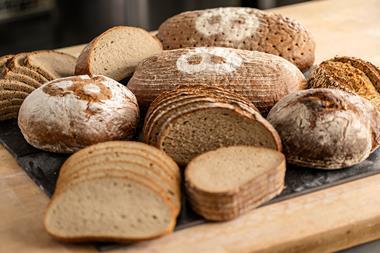



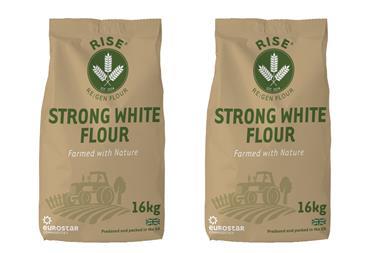























No comments yet